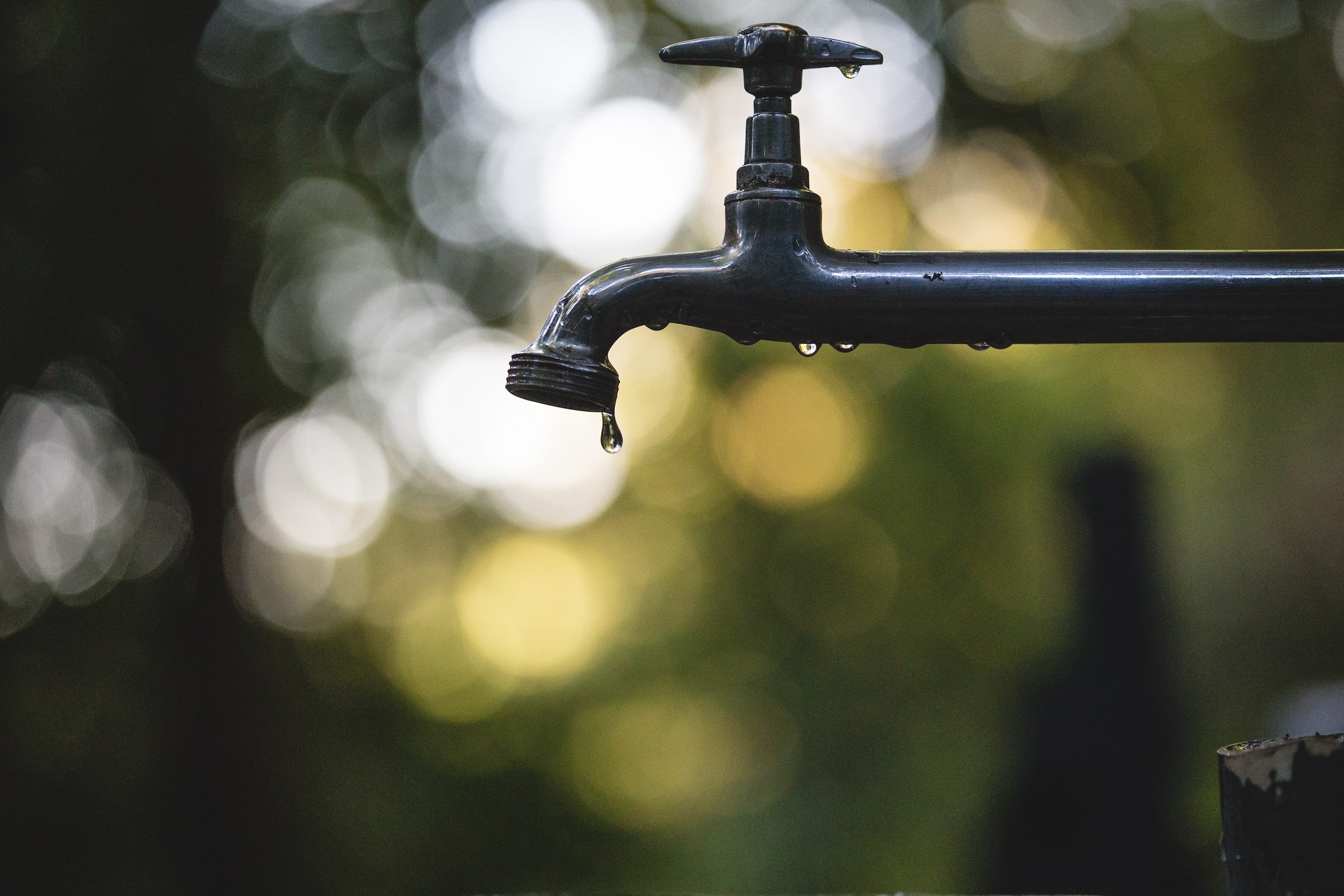The Gulf Cooperation Council (GCC) countries represent one of the most highly stressed water regions on the planet – and low precipitation, high population growth and rising temperatures increasing evaporation have been further exacerbating the situation.
A recent analysis says the public has so far not responded adequately to public media campaigns to cut water use. The study – published in the science journal Heliyon – stresses there are areas that have had as much as 80% of underground water reserves exhausted.
Improved Educational Campaigns, Incentives Necessary
Furthermore, seawater intrusion has become a significant challenge in the Gulf region, a problem likely to intensify as sea levels rise because of the raging climate emergency. The research calls for “extensive awareness campaigns” to encourage behavioural change.
Improved educational campaigns in schools and universities, along with incentives to promote conservation, may also be needed. The GCC’s average annual water consumption per person of 200 cubic metres remains high by international standards.
Researches praised some for their efficient use of wastewater, especially Dubai, where 90% is treated and reused. Dubai Municipality seeks to recycle 100% of the emirate’s wastewater by the end of the decade as part of its sustainability strategy.
But the study notes that in the GCC as a whole, treated wastewater is not reused for everyday purposes such as flushing toilets and extinguishing fires. It highlights the pressing need for major efforts to raise awareness among the public about the safety of treated wastewater.
Renewable Desalination Technology In The Limelight
Meanwhile, the Gulf region has been investing heavily in desalination plants. Roughly 42% of the UAE’s demands are provided for by desalination. The figure increases to 50% in Saudi Arabia and as much as 87% in Qatar.
Read More: Emiratis Injured In Prague Shooting, Sheikh Abdullah Condemns ‘Criminal Act’
Several desalination plants have been carbon-intensive, causing environmental harms, the study notes. But the analysis also underscores there are increasing investments in renewable desalination technology, including in Dubai and Abu Dhabi.


















